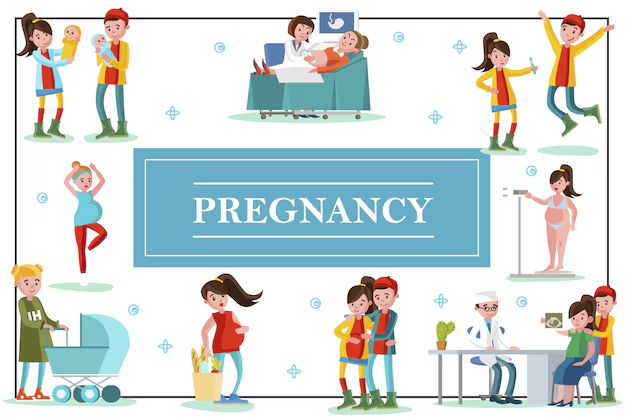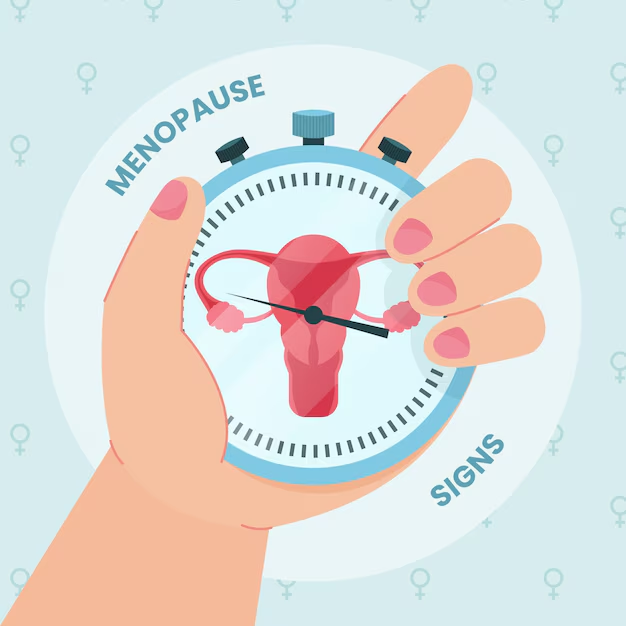Common questions new moms ask

Pregnancy is a beautiful journey, but it’s also filled with uncertainty—especially for first-time moms. From physical changes to emotional swings, every week brings something new. It’s natural to have questions! In this guide, we’ll walk through the most common questions new moms ask during different stages of pregnancy, and provide reassuring answers to help you feel more confident and prepared.
First Trimester Questions (Weeks 1–12)
1. “Is it normal to feel this tired?”
Yes! Fatigue in the first trimester is extremely common. Your body is working overtime to support the developing embryo. Hormones like progesterone increase, making you feel more tired than usual. Try to rest when you can and don’t hesitate to take short naps.
2. “Why do I feel nauseous all the time?”
Morning sickness (which can occur anytime of the day) affects many pregnant women. It's triggered by hormonal changes, particularly increased hCG levels. Eating small, frequent meals, staying hydrated, and avoiding strong smells can help ease nausea.
3. “Can I still exercise?”
In most cases, yes. Gentle activities like walking, prenatal yoga, and swimming are safe and beneficial. Always consult your doctor before starting any new routine, especially if you have a high-risk pregnancy.
Second Trimester Questions (Weeks 13–26)
4. “When will I start to feel the baby move?”
Most moms feel the baby move between 18 and 22 weeks. The sensation is often described as flutters or bubbles. If this is your first pregnancy, it might take a little longer to recognize the feeling.
5. “Is it safe to travel now?”
The second trimester is usually considered the safest time to travel. Morning sickness often subsides, and energy levels improve. If flying, take breaks to stretch your legs and drink plenty of fluids. Always check with your healthcare provider before traveling.
6. “Why am I getting leg cramps and back pain?”
Your body is adjusting to a growing belly, and added weight can strain your muscles. Staying hydrated, gentle stretching, wearing comfortable shoes, and using a pregnancy pillow can help ease discomfort.
Third Trimester Questions (Weeks 27–40)
7. “How will I know I’m in labor?”
Signs of labor include regular contractions, lower back pain, water breaking, and a bloody show (mucus discharge). Unlike Braxton Hicks contractions (which are irregular and mild), true labor contractions get stronger and closer together. If unsure, contact your doctor or midwife.
8. “What should I pack in my hospital bag?”
Pack essentials like comfortable clothes, toiletries, snacks, phone charger, nursing bras, baby clothes, diapers, and important documents. Include anything that will help you feel relaxed, like music, a pillow, or lip balm.
9. “Is it normal to feel anxious or scared?”
Absolutely. Preparing for labor and becoming a parent is a major life change. Anxiety is normal, but if it becomes overwhelming, talk to your healthcare provider or a counselor. You’re not alone, and support is available.
General Questions Throughout Pregnancy
10. “How much weight should I gain?”
This varies depending on your pre-pregnancy weight. On average, healthy weight gain ranges from 25 to 35 pounds. Your doctor will monitor your progress and guide you on nutrition.
11. “Can I still have coffee?”
Yes, in moderation. Most experts agree that up to 200 mg of caffeine per day (about one 12-ounce cup of coffee) is safe during pregnancy.
12. “Is it safe to have sex during pregnancy?”
For most pregnancies, sex is safe unless your doctor advises otherwise (e.g., in cases of placenta previa, preterm labor risk). Always discuss concerns with your healthcare provider.
Final Thoughts
Every pregnancy is unique, and there’s no such thing as a silly question when it comes to your health and your baby’s well-being. Always listen to your body and trust your instincts—but don’t hesitate to ask your doctor anything that’s on your mind.
Pregnancy is a journey filled with discovery. With the right knowledge and support, you can walk this path with confidence and joy.
Related Articles

Drinking water to stay alert

Managing unusual cravings

Understanding PMS mood swings

Step-by-Step Approach to Boosting Fertility and Getting Pregnant

When to see a dermatologist

Talking openly with your partner

Using calming affirmations

The Role of Vaginal Discharge in Reproductive Health